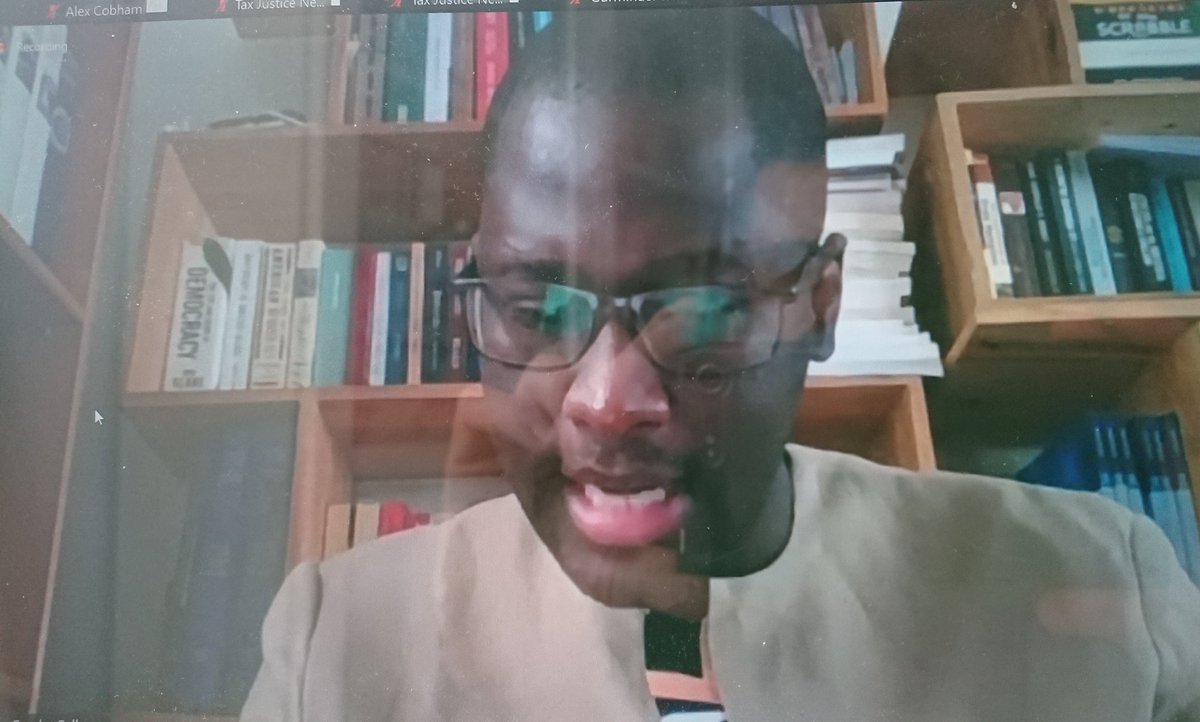
Fascinating - both that ATAF is empowered to table its own proposal, following discussions with the US rather than the OECD, and also the detail: pointing towards a comprehensive apportionment of global profits of large multinationals...
https://twitter.com/JohanLangerock/status/1392437590087843840
Thinking more about @ATAFtax proposal, it seems highly significant. It returns to the spirit of G24 proposal which Inclusive Framework backed in early 2019 for OECD to evaluate (as 1 of 3). It was never evaluated, just discarded in favour of the secretariat's 'unified' proposal.
This new iteration creates a problem for the OECD, and for the G7 members who drive decisions there. It has become evident, again, that others are simply ignored. But the others are no longer standing quietly by...
So where does OECD land? A weak/thin/absent pillar 1, and a pillar 2 with more ambition but where (per OECD blueprint) barely any of the gains accrue to non-members?
It feels like @ATAFtax has piled on the pressure: either OECD delivers something much fairer in July (e.g. the METR), or the momentum to switch to the UN and/or explosive unilateral splintering, may be unstoppable. Watch this space!
Ps. Momentum, via @FACTIpanel and wider UN system moves, may be unstoppable anyway...
• • •
Missing some Tweet in this thread? You can try to
force a refresh






